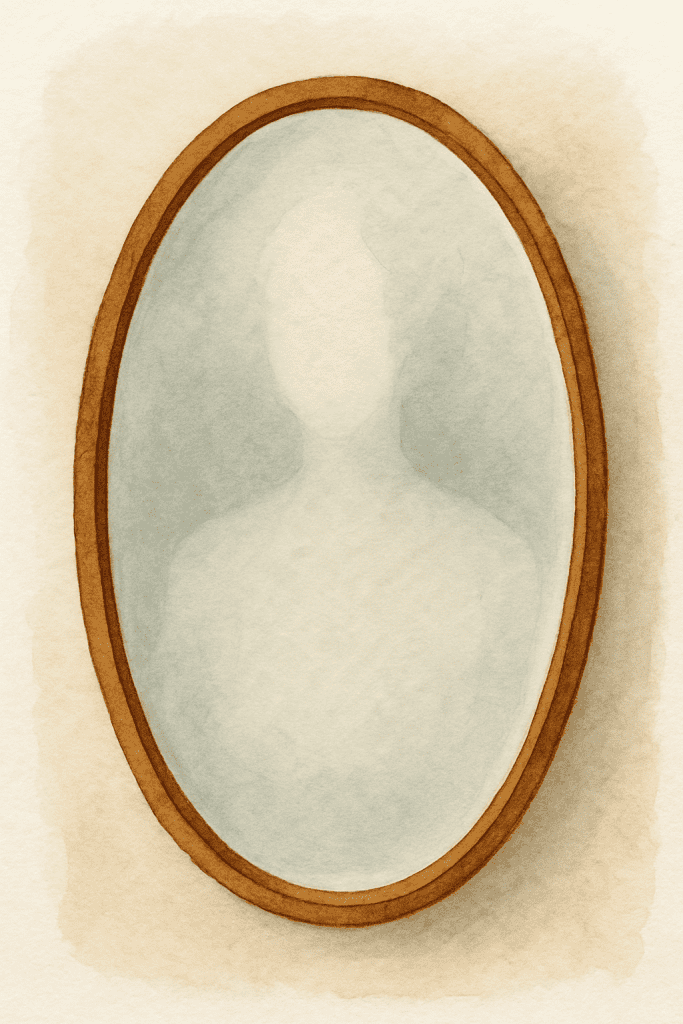Why Being With Yourself Feels Like a Chore (and What That’s Costing You)

You Are Always in Performance Mode
You hold it together. At work. At home. For your family. For your inbox. For the dog. And when it’s just you? You still perform.
You “relax” with rules. You “rest” with guilt. You “self-care” like it’s another unpaid job on the invisible task list.
Being alone doesn’t feel peaceful. It feels like… catching up. On everything.
This Isn’t Just Perfectionism
It’s internalized burnout. Self-neglect disguised as “discipline.” You’ve turned your own existence into a project—and the deadline keeps moving.
Why It’s So Hard to Be With Yourself
• You’ve Turned Self-Care Into Productivity
Journaling, meditating, walking, hydrating—your self-care routine requires stamina and scheduling. There’s no softness left in it.
• Your Inner Critic Runs the Show
Every break becomes a review. Every choice gets evaluated. Your default setting is: “I should be doing more.”
• You Don’t Trust Your Own Slowness
Silence makes you itchy. Rest feels wasteful. “Doing nothing” feels like a threat to your worth.
• You’re in Every Zone of Overload
Mental load? Check.
Decision fatigue? Constant.
Sensory overload? That notification ping made your spine twitch.
Emotional labor? You’re the unpaid therapist of the group chat.
Let’s Name It: The Inner Burnout Spiral
You don’t just live in exhaustion. You internalized it. And now you are the one burning yourself out—out of habit, out of expectation, out of fear.
The Real Cost
Chronic dissatisfaction: No accomplishment feels like enough.
Low-level self-abandonment: You meet everyone else’s needs first—and sometimes only.
Constant emotional noise: Your own voice is drowned out by expectations.
Delayed depletion: You don’t crash until everyone else is okay. And then, it’s quiet… and you fall apart.
The Wisdom Shift
You don’t need another tool. You need self-permission.
- Let ease be enough.
- Rest without a reward attached.
- Listen to yourself like someone you love.
- Make decisions with your body, not just your brain.
- Stop treating softness like failure.
Where Exhaustion, Stress, and Burnout Hit You Most
Want to understand how burnout patterns show up across the most important areas of your life? Explore the impact of exhaustion, stress, and burnout here:
